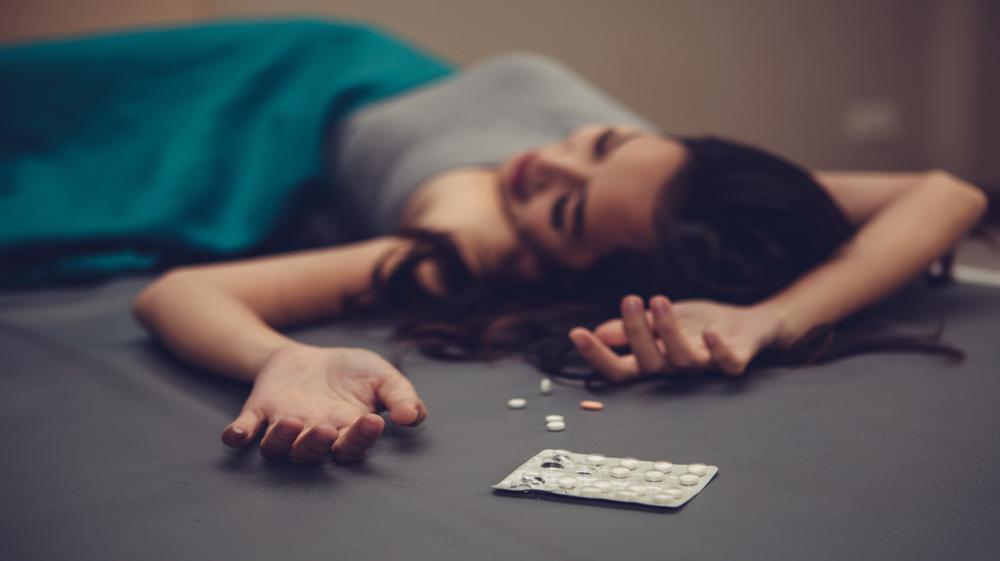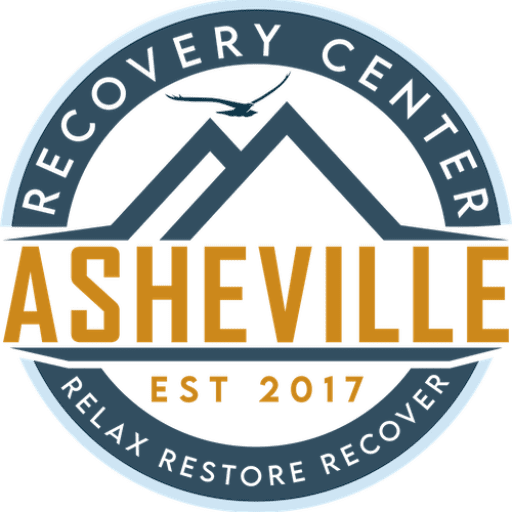Many people develop an addiction to drugs or alcohol but don’t know the dangers of self medicating. Drugs and alcohol might seem to ‘help’ with a number of different conditions like anxiety, depression, and pain, but the reality is that they don’t. If anything, this kind of self medication will just make these and other conditions worse. If you find yourself reaching for drugs or alcohol to treat a chronic condition, your chances of slipping into addiction practically skyrocket. This is part of what makes up the dangers of self medicating with drugs or alcohol so risky.

The Slippery Slope
Jane’s Case of Self Medication With Legal Substances
Even if you’re using store bought or over the counter medications, the dangers of self medicating can be deadly. For example, let’s looks at Jane. Jane is a woman who suffers from anxiety, especially in social situations. Naturally, she talks to her doctor and gets a Xanax prescription from her psychiatrist. One day, Jane decides to take some Xanax before giving a speech at a special event. She had no issues with public speaking after taking it and realizes that she is more social and happy. She has a glass of wine to celebrate and becomes the life of the party. So, what’s the issue here?
The Issue
Before long, Jane is unable to start her day without taking Xanax. She takes it before work, before social functions, and even before bed. She goes through her pill bottle much faster than she should and runs out before she’s due for a refill. What does she do? Jane ends up going to a second doctor who prescribes her more Xanax, unaware that this is her second prescription. She also drinks once in while, unaware that mixing Xanax and alcohol is incredibly dangerous.
The Consequences
After a year of this vicious cycle, a friend finally confronts Jane about her behavior and habits. Jane realizes with horror that she has developed an addiction. She tries to stop and detox at home, but it’s much harder than she thought it would be. The anxiety she was using Xanax to treat in the first place comes back tenfold, along with other physical symptoms of withdrawal. It’s all so much and so unpleasant that she abuses Xanax even more just to try and make it stop. Before long, she has to go to rehab for professional help; that is, if she doesn’t die first.
The Dangers of Self Medicating
Alcohol, marijuana, and opioids are all notorious for providing relief at the risk of developing an addiction. When you self medicate, you will naturally want to keep increasing the dose of your substance of choice. After all, it makes you feel good. At the same time, your body is getting used to operating with the substance. The chemicals in your brain and body actually readjust to function with this new chemical. As a result, you end up taking more and more. This is especially dangerous when you need medication to treat a mood disorder like anxiety, depression, or bipolar disorder. If you go against your doctor’s advice and try to self medicate, you’ll end up in the same boat with Jane.

Avoid Dangers of Self Medicating with Help from Professionals
If you find yourself self medicating to get relief from a condition, the best thing you can do is recognize it, learn the dangers of self medicating and stop. It is easy to get addicted to many substances that one might use for self medication, so professional help may be needed, depending on how long the addiction has been going on, and how severe it is. A big part of addiction treatment is diagnosing underlying physical and mental conditions so that you can properly manage those without needing to turn to drugs or alcohol. Professional treatment can help you achieve that, so you can manage your condition without abusing your substance of choice. Call us today to get help.






